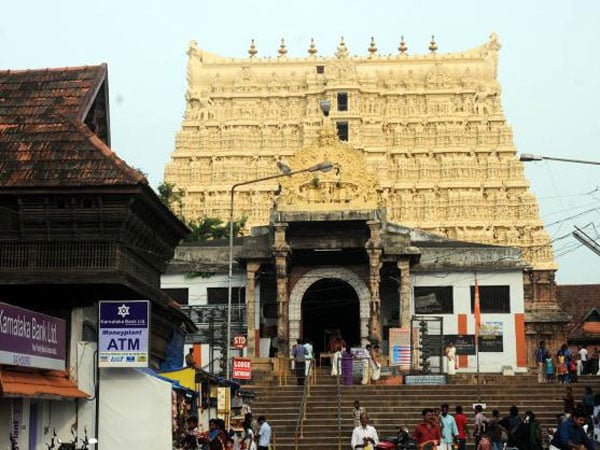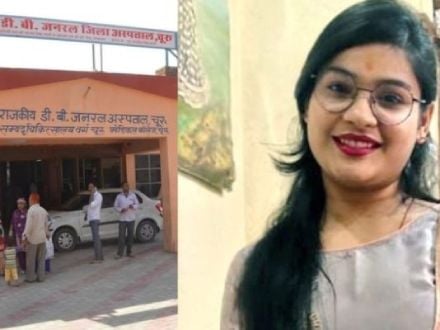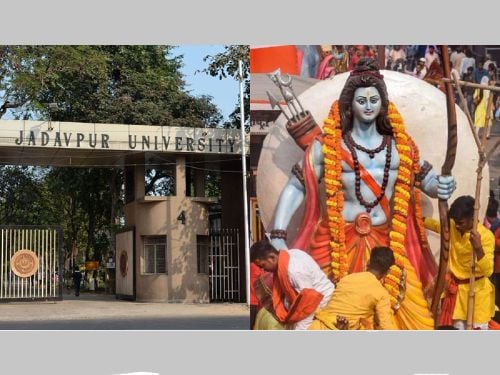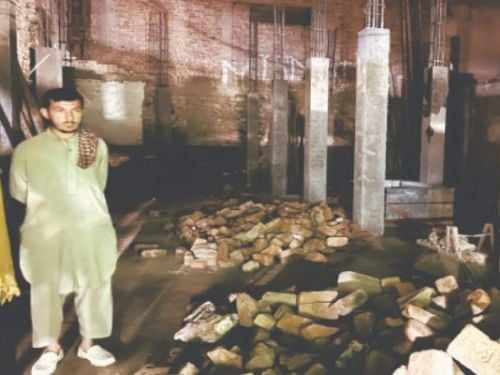
The Supreme Court on Monday sided with the erstwhile Travancore Royal family for the administration and control of the Padmanabha Swamy temple in Kerala. Settling the long-running dispute, the top court overturned the January 2011 judgment of the Kerala high court which had ruled that the state government should take over the control of the temple from a trust headed by the former royal family.
“Great God’s will prevailed. Will say more about it after going through the whole verdict,” said Princess Gowri Lakshmibai of the erstwhile Travancore royal family soon after the judgment.
Devotees came out in large numbers and distributed sweets before the sixth century temple, situated in the heart of the state capital Thiruvananthapuram. Some devotees were even seen crying before the temple. The Kerala state government welcomed the verdict.
“We are bound to go by the verdict. We have always followed the apex court order in letter and spirit,” said state Devaswom minister Kadakampally Surendran.
The temple shot into limelight after the top court in May 2011 ordered a detailed inventory of the articles in the temple vaults which had long rumoured to be holding immense riches.
When five its six vaults, known as ‘Kallara’ in Malayalam, were opened in line with the court order, vast treasure of gold and other priceless objects were discovered. It was estimated that the intrinsic value of the treasure amounted to more than Rs 90,000 crore. One of the vaults, Kallara B could not be opened and the opening of the same was later kept in abeyance by the apex court.
In August 2012, senior advocate Gopal Subramanium was appointed Amicus Curiae (friend of the court) by the Supreme Court. Subramanium submitted a voluminous report before the court in April 2014 alleging serious mismanagement of the temple by the trust and indicting the royal family on various counts.
The temple was under the control of a trust headed by the ex-royals’ family until April 2014 when the top court by way of a crucial interim order handed over its management to a four-member administrative committee headed by a district judge.
The legal genesis of the dispute lies in the agreement of accession (agreement) signed between the Kings of Travancore with the Government of India in 1949 by which the princely state of Travancore became a part of the Indian Union.
Article VII of the agreement provided that administration of the Padmanabha Swamy temple shall be conducted, subject to the control and supervision of the ruler of Travancore, by an executive officer appointed by the ruler.
Source : Hindustan Times

 Rajasthan: Woman found hanging at a beauty parlour, Arshad, 3 others booked
Rajasthan: Woman found hanging at a beauty parlour, Arshad, 3 others booked Jadavpur Univ revokes permission to celebrate Ram Navami on campus after granting it
Jadavpur Univ revokes permission to celebrate Ram Navami on campus after granting it Chhattisgarh: Naxal top commander along with 28 other Naxals killed in a joint operation
Chhattisgarh: Naxal top commander along with 28 other Naxals killed in a joint operation Andhra Pradesh: Farooq kills mentally challenged Hindu man for insurance money
Andhra Pradesh: Farooq kills mentally challenged Hindu man for insurance money Pakistan: Ancient Hindu temple in Khyber Pakhtunkhwa demolished for commercial complex
Pakistan: Ancient Hindu temple in Khyber Pakhtunkhwa demolished for commercial complex 2 ISIS terrorists arrested in Germany for sexual abuse of minor Yazidi children
2 ISIS terrorists arrested in Germany for sexual abuse of minor Yazidi children